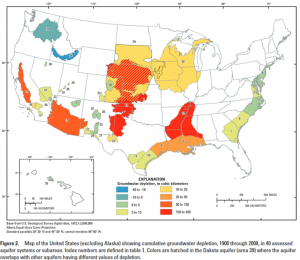Personal and Moving Paths to Healing Are Highlighted at Restorative Justice Conference
“Making It Personal” – that was the name of Marquette Law School’s Restorative Justice 2020 Conference. But this is a time when, like almost everywhere else, no programs are being done in person at the Law School. And making things personal on a computer screen is a challenge.
So how personal were the four sessions of the conference? Very.
At the center of four moving, thoughtful, and intimate sessions, posted in the Law School’s web page during the week of Nov. 9 through 12, was Janine Geske, distinguished professor of law (retired) and long-time head of Marquette Law School’s Restorative Justice Initiative.
She was joined in two sessions by the Rev. Daniel Griffith of Our Lady of Lourdes Catholic Church in Minneapolis, who is the Wenger Family Fellow of Law, St. Thomas School of Law, and Liaison to Restorative Justice and Healing, Archdiocese of St. Paul and Minneapolis, a leader of restorative efforts in Minnesota and beyond.
In a third session, three past participants in restorative justice conferences described their own paths from being among those who have been harmed or who did harm to being among the helpers and healers for other people who have been harmed.
The focus overall was both the power and the process of restorative justice circles, the sessions that include people who have been harmed, those who have harmed them, and others who have been impacted by harmful episodes. The people in circles share personal experiences and thoughts on how they were impacted by situations in which harm occurred. They listen intently to each other, speaking only when they are holding “a talking piece,” an object that is passed around as a way of maintaining respect for each person.

